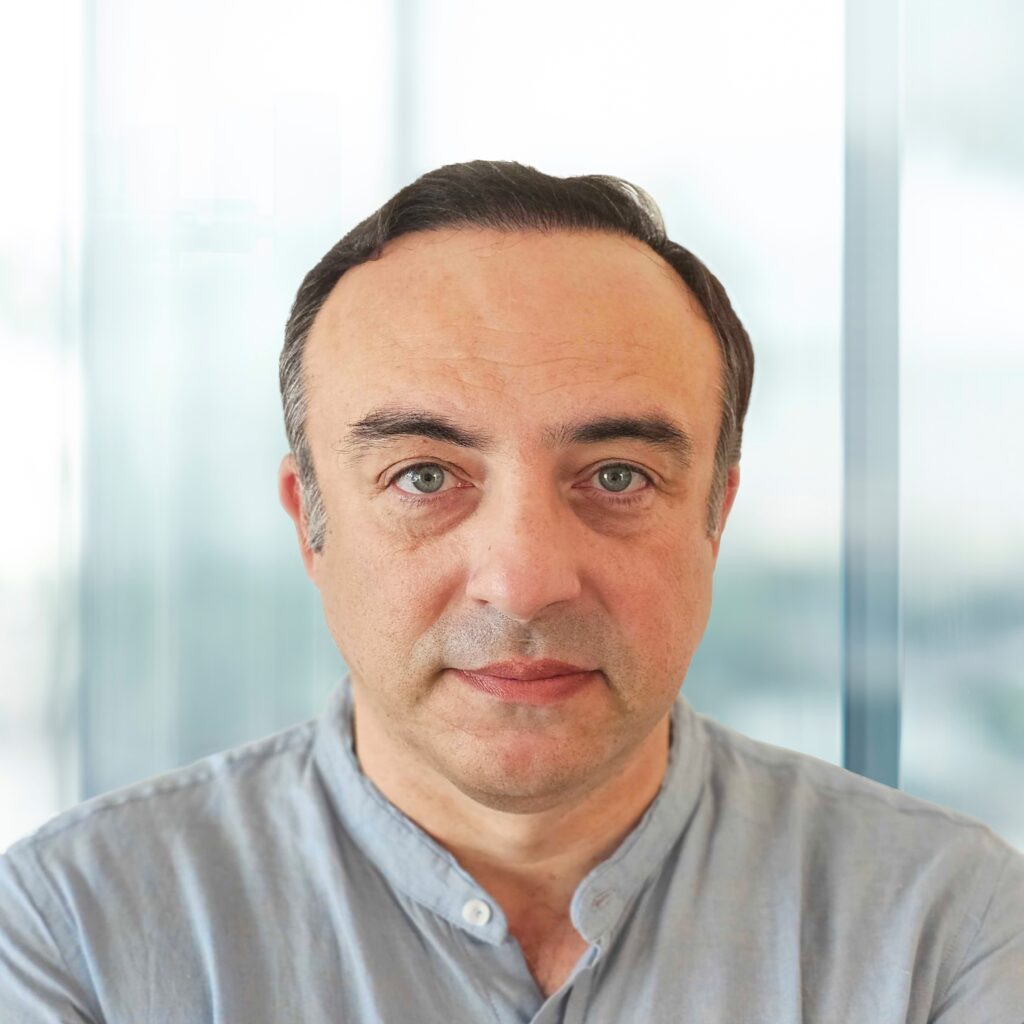Trading Reimagined is a biweekly content series that examines how the transformative power of technology is prompting a reimagining of the markets. Trading Reimagined is sponsored by Exegy.
Last month, Citadel Securities and Google Cloud announced joint sponsorship of a cutting-edge medical research program at Harvard University designed to demonstrate the validity of a novel, minimally invasive approach to unclogging arteries via a large-scale numerical simulation powered by the public cloud.
Why are two non-medical firms involved in a medical research program? In a word, technology. “Today, the level of computing power required to run simulations of this complexity and at this scale is available from only a handful of supercomputers around the world,” Harvard Professor Petros Koumoutsakos, who leads the research, said in the Aug. 16 release.
In this Trading Reimagined article, Traders Magazine caught up with Costas Bekas, Research Platform Head at Citadel Securities, to learn more about the partnership and the program.
How did this partnership come about and why did Citadel Securities decide to pursue it?

Professor Koumoutsakos and I share a deep passion for applied mathematics and have collaborated in the past, including in 2012 and 2013 when we worked on a complex fluid dynamics simulation of cloud cavitation collapse. That simulation, which went on to win the Gordon Bell Prize in 2013, held promise for advances in everything from protecting fluid-handling equipment from damage to destroying cancer cells in humans. I was particularly intrigued by the medical applications of that work and am really pleased to have another opportunity to partner with Professor Koumoutsakos, as well as our colleagues at Google Cloud, on a project with the potential to advance medical research and high performance computing.
Is this the first time a capital markets firm is lending its resources to medical research?
To the best of my knowledge – and especially at this level – it is. As a global organization of technicians, statisticians, and quantitative problem solvers, I think the team at Citadel Securities is uniquely suited to support this kind of visionary research and we are thrilled to be part of such important work.
The announcement notes, “The complexity of these simulations and the amount of data they involve demands access to enormous amounts of HPC power as well as significant technical expertise.” Can you elaborate on the specifics of what HPC power and technical expertise Citadel Securities and Google Cloud are providing?
Simulations like the one we are undertaking require hundreds of thousands of cores in order to produce results and insights in a reasonable amount of time. The team also needs to optimize parts of the code to utilize compute units, even down to the CPU core or the single GPU. Optimization of the network interconnect is also crucial, as these simulations are tightly clustered distributed applications, meaning that the overall work is distributed to individual CPU cores, and information needs to flow from core to core in order to stitch together the global solution to the problem.
Because Citadel Securities and Google Cloud have access to the HPC technologies and solutions that can simplify and scale large, complex workloads like these, we are helping to make all of that happen and, in so doing, demonstrating how public cloud resources can be harnessed to handle large-scale, high-fidelity simulations for medical applications.
What are some of the challenges and opportunities presented by recent technological advancements?
Large-scale computational science has benefited tremendously from the increasing power of machines. However, access to the very large-scale resources needed for complex simulations is quickly limiting the number of scientific teams that can actually use them.
The work we are doing with Harvard and Google Cloud aims to directly address this problem by turning to the vast resources of the public cloud. The huge economic benefit of using elastic cloud resources is largely responsible for massive data centers, which often dwarf even large-scale supercomputers. While the latter is optimized for tightly coupled computations, the cloud is optimized for numerous independent simple tasks. At Citadel Securities, we have been developing significant expertise in how to effectively use cloud resources to address very large-scale statistics problems, which share several computational characteristics with scientific applications such as the one Professor Koumoutsakos is now focused on.
Should we expect more partnerships like this?
At Citadel Securities, we are eager not only to move markets forward, but to contribute to moving society forward as well. We’re thrilled to play a role in advancing medical research and will continue to look for opportunities to do so. I hope others in our industry will consider doing the same.



